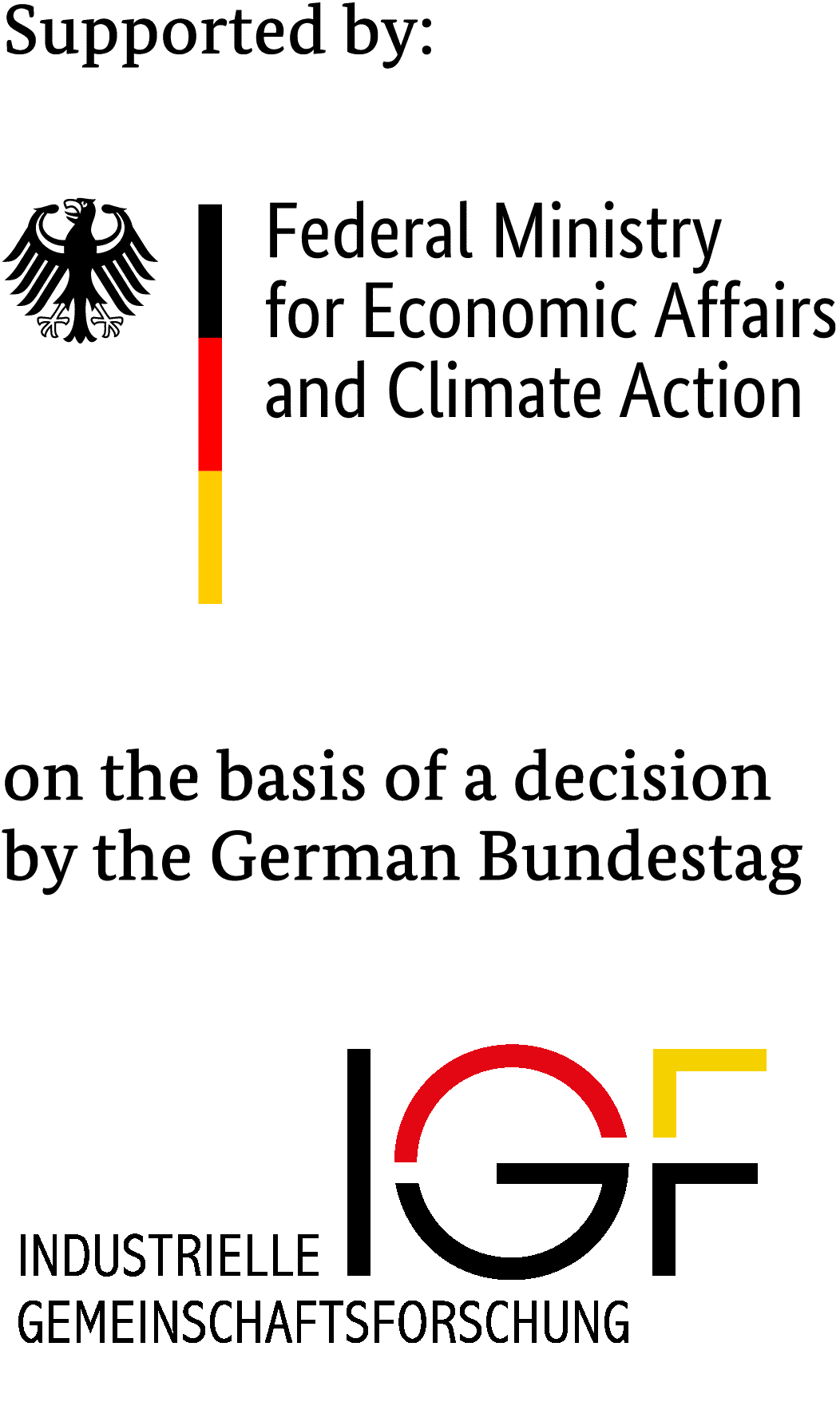In the AiF project EVCAZ VDZ is investigating in cooperation with the Chair of Energy Resources Technologies (TEER) at the University of Aachen. The energetic-material utilisation of non-recyclable waste materials containing carbon fibres (CF) in the clinker burning process will be studied.
Due to their mechanical properties, CF are increasingly used in composite materials. Recycling of these materials is mostly thermal or mechanical, but this results in the shortening of the fibre with each recycling cycle. Fibres that are too short can no longer be recycled. Furthermore, there is a risk of releasing fibres that are harmful to health, which have a length-to-diameter ratio of 3:1 and penetrate into the deeper respiratory tracts (alveoli). Fibres with this geometry are also called WHO fibres and are potentially harmful to health. There is currently no thermal disposal or recycling option for this CF waste that can no longer be recycled.
The aim of the project is therefore the development and demonstration of a sustainable energetic-material utilisation path for this non-recyclable CF wastes in the cement plant. On one hand, the CF waste is to serve as fuel, but on the other hand, it must be destroyed without residues. For the practical implementation, however, not only the conversion in the thermal process is important, also the handling (occupational safety) and the reduction of emissions of respirable WHO fibres (environmental and health protection). Furthermore, possible effects of the use of CF-containing waste on the process and the quality of the clinker are to be evaluated.
Finally, the operators of cement plants are to be provided with a well-founded basis for decision-making on the potential use of CF wastes, so that the developed principles can be used to answer questions relating to the permitting.

